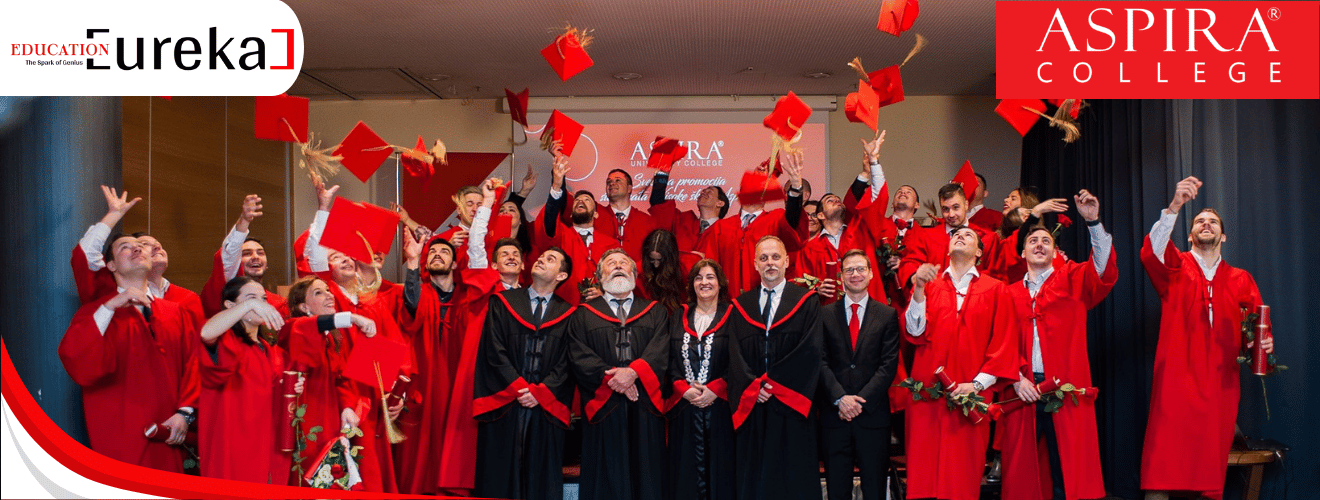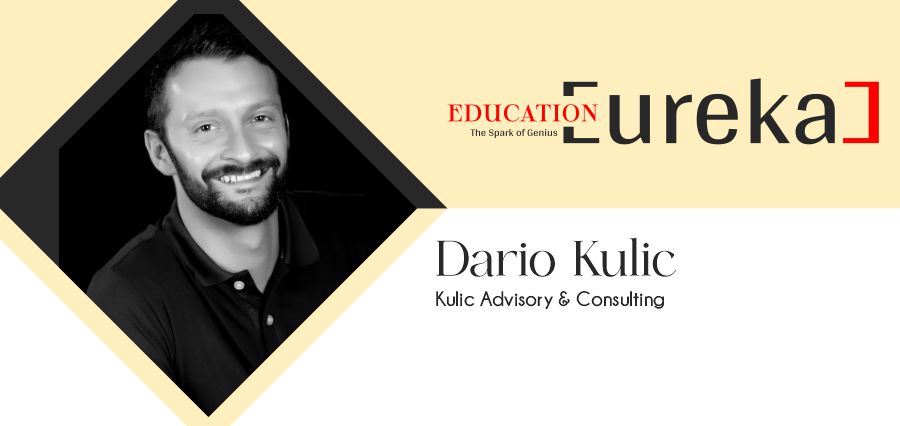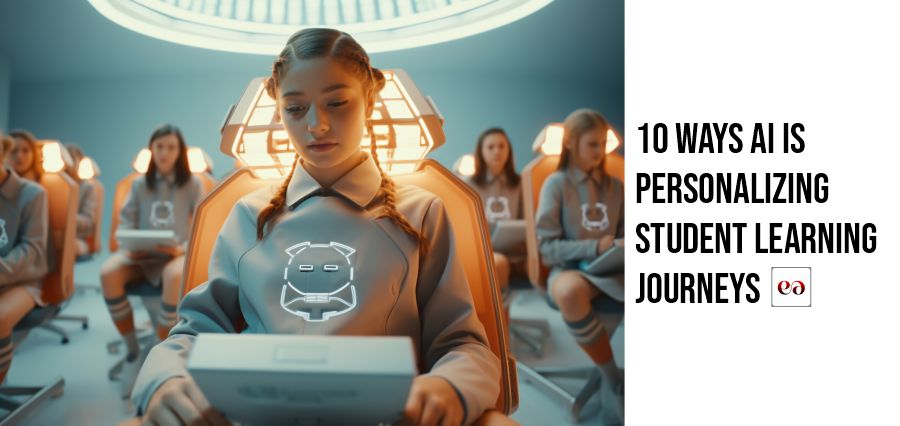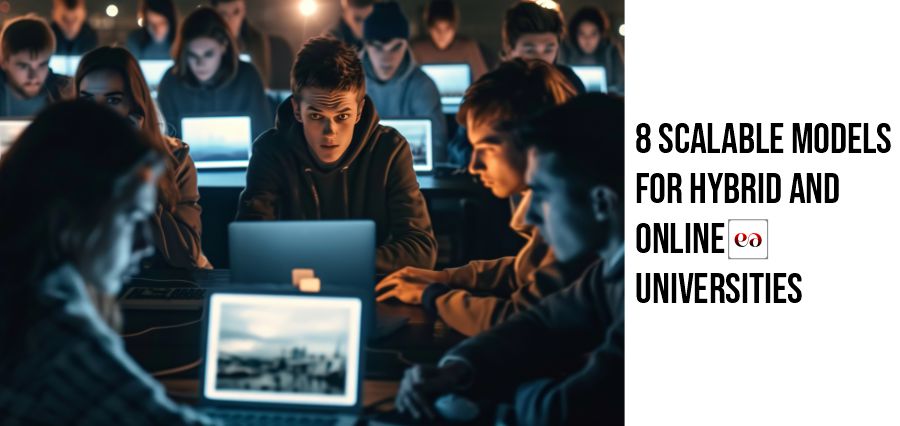
Faced with the challenge of preparing students for a rapidly evolving global economy, Aspira University College dared to redefine what higher education in Croatia could accomplish. Established in 2008 in Split, and later expanding to Zagreb, this private, non‑profit institution quickly recognized that traditional academic models would not suffice amidst the shifting demands of tourism, IT, sports, and gastronomy.
Aspira’s leadership embraced a vision: to create a transformative educational experience aligned with global best practices and deep industry engagement. From the outset, students were immersed in small‑group learning, mentored by top Croatian and international experts. Curricula were continuously adapted to match market trends, adding modules like health tourism and software engineering, ensuring relevance and employability .
To further bridge classroom learning and professional readiness, Aspira launched a robust Erasmus+ program, partnering with over 80 European universities and offering funded mobility and internships. These efforts culminated in practical, hands‑on training: 100 % of students experience real‑world placements, and 97 % graduate into employment or further study .
By confronting global challenges head on and weaving innovation, industry ties, and international exposure into its DNA, Aspira University College stands as a beacon of transformative higher education in Croatia.
It wasn’t the buildings that made Aspira University College stand out when it was founded in 2008. It wasn’t the location either, although the sparkling coastline of Split, Croatia, would charm anyone. No, it began with a question, one that had been echoing through lecture halls, training centers, and youth circles for years: Why can’t education be both inspiring and practical?
The founders weren’t new to the education world. With roots in the SUS College of Management and Atlantis Maritime Training Center, they had seen students pass through their doors, collect diplomas, and then struggle to find their place in the real world. That disconnect bothered them. So they decided to build something different.
They didn’t just want students to learn. They wanted them to live their education, to feel it breathe in the kitchen of a fine-dining restaurant, on the court of a sports club, at the reception desk of a luxury hotel, and in the backend code of a tech firm. And so, Aspira was born, with a promise: every student who walks in will walk out not just with a degree, but with a direction.
From its earliest days, Aspira wasn’t trying to be the biggest. It was trying to be the most relevant. Small classes, strong mentorship, global mobility, and industry-led teaching weren’t marketing phrases, they were stitched into the college’s DNA. And as the world around them changed, with digital demands, shifting economies, and global uncertainty, Aspira stayed committed to one truth: education should never be one-size-fits-all. It should grow with the dreamer.
The soul of Aspira may be Croatian, but its heart beats globally. Even in its first few years, the college was exploring partnerships far beyond the Adriatic. Erasmus exchanges, guest lecturers from abroad, and student mobility programs weren’t afterthoughts, they were essential pillars.
But even as it expanded, Aspira never forgot its roots. In the early years, the majority of students came from nearby towns and villages, young minds eager for more than what traditional education could offer. Many were the first in their families to study hospitality or computer engineering. Some had dreams of working in Michelin-starred kitchens; others hoped to code for global startups. Aspira welcomed them all with open doors and an open mind.
Over time, these students became proof of concept. Tourism students began landing internships in the Maldives and Austria. Culinary students were flying to Switzerland, learning from the best. Computer engineering students were writing code not just for grades, but for real-world applications, often in partnership with companies like Ericsson.
What helped the college stand out wasn’t just what it taught, it was how it taught. Programs were designed alongside industry professionals. Internships were mandatory. And most importantly, students were encouraged to question everything. Why follow a rigid syllabus when the industry changes every six months? Why sit in a classroom for three years without ever working a shift or writing a line of real code?
The idea wasn’t to throw tradition out. It was to blend it with experience. And in doing so, Aspira carved out a model of education that felt more like a launchpad than a lecture hall.
Walk into a typical class at Aspira and it’s unlikely you’ll find rows of silent students scribbling notes. You’re more likely to find heated discussions about customer experience in tourism, students taste-testing fusion dishes in the culinary labs, or young developers brainstorming app prototypes with industry mentors.
This wasn’t accidental. Aspira’s entire ecosystem was built on the idea that learning should look and feel like life. That meant pulling down the walls between the classroom and the real world.
For a student in the International Hospitality and Tourism Management program, the journey might begin with textbooks, but it doesn’t end there. In the second year, they’re often already working part-time in 5-star hotels. By their third year, they’ve shadowed managers, handled events, and learned how to handle tough customers. The classroom becomes a place to reflect, not rehearse.
The same goes for sports management, where theory and fieldwork go hand-in-hand. Aspira’s collaborations with clubs like Hajduk Split aren’t symbolic, students get involved in operations, PR, sponsorship pitches, and even team logistics.
In the kitchens, things are even more hands-on. Celebrity chefs visit not for photo-ops but to mentor. Gastronomy students are constantly pushed to create, present, and innovate. One week they’re preparing traditional Croatian dishes; the next, they’re plating a three-course French meal for an international audience.
Even the tech programs carry this DNA. Computer Engineering students aren’t simply writing code to pass exams. They’re building solutions for real clients, working on collaborative projects, and often finding employment even before graduation.
It’s a college, yes, but at Aspira, the classroom is just the starting line.
What happens when students feel seen? When they’re treated not just as learners, but as contributors?
At Aspira, the answer is clear. They rise.
Many of Aspira’s most cherished traditions and clubs weren’t started by faculty, but by students. From the PR club that now runs the in-house magazine, to tourism inspection groups that partner with city officials, student initiatives have shaped the college’s culture just as much as any curriculum.
But beyond clubs and activities, what truly sets Aspira’s students apart is their confidence. They’re taught not just to participate, but to lead. And it shows, whether it’s during Career Day, where students pitch themselves to companies, or during international exchange weeks where they present projects in front of foreign faculty.
One student, now a chef in a luxury resort, recalls how terrified she was of public speaking. “At Aspira,” she says, “they didn’t just teach me how to cook. They taught me how to speak, how to lead, how to believe I belonged in the room.”
Aspira graduates don’t wait for opportunities, they create them. And perhaps that’s because they’ve been treated as professionals from day one. Whether they choose to work in Croatia or abroad, in corporate offices or running their own businesses, they carry with them the Aspira spirit: humble, hungry, and never afraid to ask, “What’s next?”
Their successes speak volumes, from Michelin-star kitchens to AI labs, from sports fields to hotel chains across Europe. But what’s most powerful isn’t the destination. It’s the fact that every single one of them started in the same small college, in the same beautiful city, believing they could be more.
Today, if you walk past Aspira’s main building in Split, you might see groups of students heading to culinary labs, others discussing code under olive trees, or international guests giving a masterclass in tourism analytics. It may seem calm on the outside, but inside — Aspira is buzzing.
The future isn’t a distant goal here, it’s happening now.
Plans are already underway to expand Aspira’s digital offerings. With AI reshaping industries, the Computer Engineering faculty is evolving rapidly, integrating data science, machine learning, and cybersecurity into its curriculum. The health tourism track, a new favorite, is gaining momentum thanks to Europe’s growing interest in wellness travel. And partnerships with global institutions keep the learning alive across borders.
But the ambition is not just academic. Aspira wants to shape society. That means more community-driven projects, more collaborations with local businesses, and more opportunities for students to solve real-world challenges.
There’s talk of a new innovation hub where students from all programs can co-create, a space where chefs, coders, and managers sit at the same table and imagine something bigger together.
Because that’s what Aspira has always believed: real education doesn’t just teach you to do your job, it teaches you to shape the world around you.
As the world changes, faster than ever before, Aspira doesn’t just want to keep up. It wants to stay ahead. And judging by the passion of its people, the pace of its progress, and the power of its purpose — it already is.
Discover more insightful articles on education trends, exclusive interviews, in-depth magazines, and the latest educational news—explore now on the Education Eureka website.





Welcome to the future of digital storytelling, where creativity meets innovation. We’re not just a magazine platform; we’re a team of passionate visionaries committed to transforming how stories are shared, celebrated, and experienced in the digital age. Join us as we inspire, inform, and redefine the world of digital magazines.
© Copyright 2025 | educationeureka | All Rights Reserved.